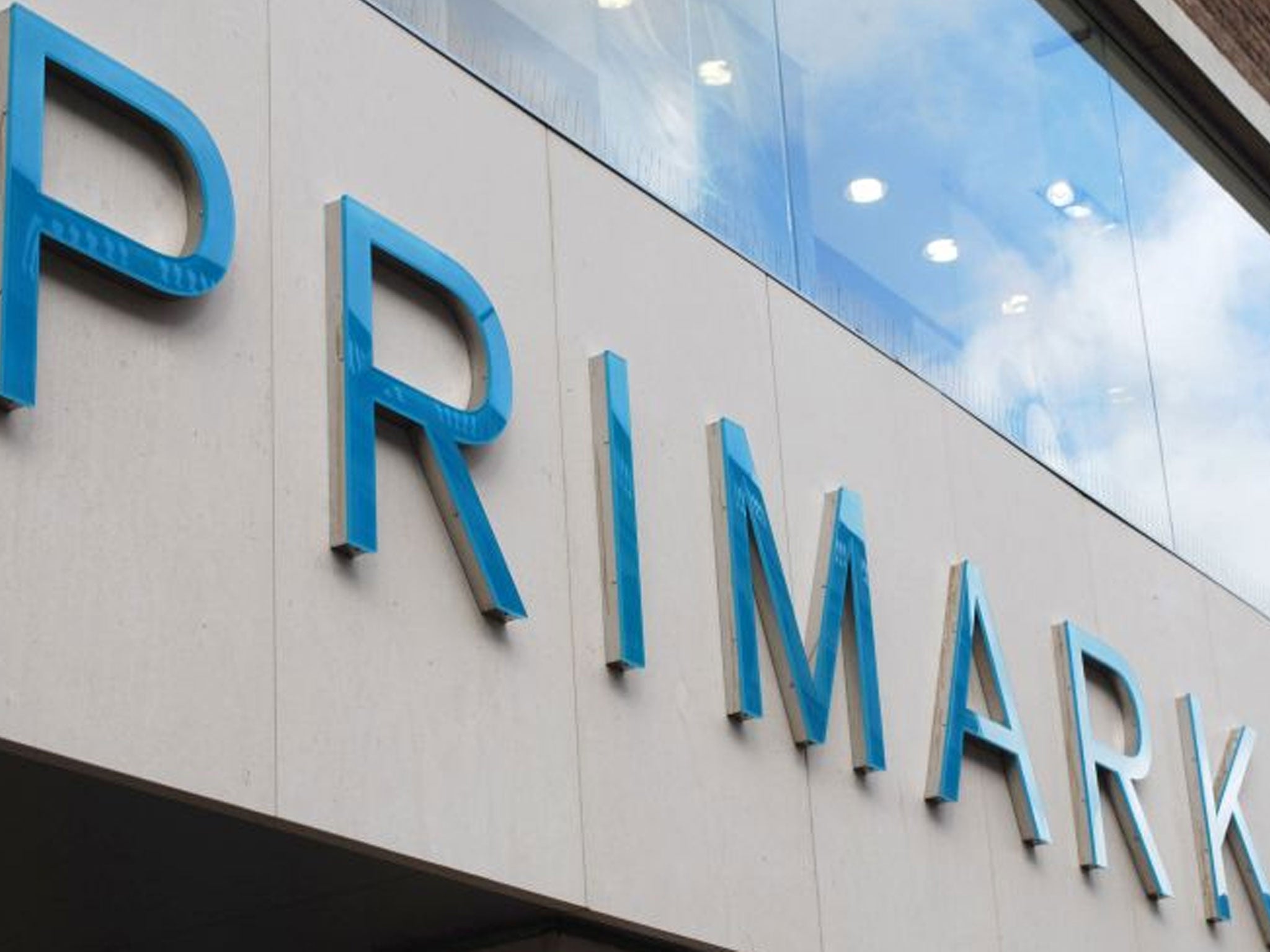Primark profits fall £800m as sales dry up during lockdown
Budget clothing retailer plans to extend opening hours when stores reopen

Your support helps us to tell the story
From reproductive rights to climate change to Big Tech, The Independent is on the ground when the story is developing. Whether it's investigating the financials of Elon Musk's pro-Trump PAC or producing our latest documentary, 'The A Word', which shines a light on the American women fighting for reproductive rights, we know how important it is to parse out the facts from the messaging.
At such a critical moment in US history, we need reporters on the ground. Your donation allows us to keep sending journalists to speak to both sides of the story.
The Independent is trusted by Americans across the entire political spectrum. And unlike many other quality news outlets, we choose not to lock Americans out of our reporting and analysis with paywalls. We believe quality journalism should be available to everyone, paid for by those who can afford it.
Your support makes all the difference.Primark’s parent company saw annual profits slump 40 per cent as it took an £800m hit from store closures during lockdown.
The budget clothing retailer said it was looking at longer opening hours when its stores reopen after the new round of coronavirus lockdown restrictions ends.
Associated British Foods (ABF) told investors that it lost £2bn in revenues during the previous shutdown. Unlike many of its high street rivals, Primark went into the pandemic with no online operation, meaning sales went from £650m a month to zero overnight in March.
Primark’s UK sales bounced back after non-essential shops were allowed to reopen in mid-June but not enough to make up for lost revenues during the three-month shutdown. Overall, the lockdown cost the group £800m, ABF said.
On Monday, ABF warned that it would suffer a further £375m hit following Boris Johnson’s announcement of new month-long, national restrictions that are due to begin on Thursday and last until at least 2 December.
ABF said the new restrictions will have a “significant” impact on Primark, although it still expects sales and profits at the retailer during the current financial year to be higher than 2019-20.
More positively for ABF, food sales in supermarkets rose in the second half of the financial year as shoppers stocked up on groceries.
Sales of children's clothes, leisurewear and nightwear also surpassed pre-pandemic levels.
ABF’s finance director, John Bason, told the PA news agency that the company expects “strong” demand when stores reopen following the latest Covid-19 lockdown in England.
“We are absolutely looking at longer opening hours,” he said.
“Safety will be paramount and our teams have worked very well to deal with demand and ensure queue management, so will continue to work hard to adapt to demand ahead of Christmas.
“We've seen very strong sales over the past few days and would expect similar today and tomorrow.”
In the year to 12 September, ABF’s retail sales fell 24 per cent to £5.9bn. Its sugar, groceries and ingredients business performed better, helping total revenues to £13.9bn, which was 11 per cent down on the previous year.
George Weston, chief executive of ABF, said: "I am proud of how our people have responded to the many challenges presented by Covid-19.
“Throughout, we have provided safe, nutritious food under the most extraordinary conditions, proving the value and resilience of our supply chains.
“Following a three-month closure, Primark delivered a robust performance, receiving an overwhelmingly positive response when it safely welcomed customers back to its stores.
“Uncertainty about temporary store closures in the short term remains, but sales since reopening to the year-end of £2bn demonstrate the relevance and appeal of our value-for-money offering.”

Join our commenting forum
Join thought-provoking conversations, follow other Independent readers and see their replies
0Comments